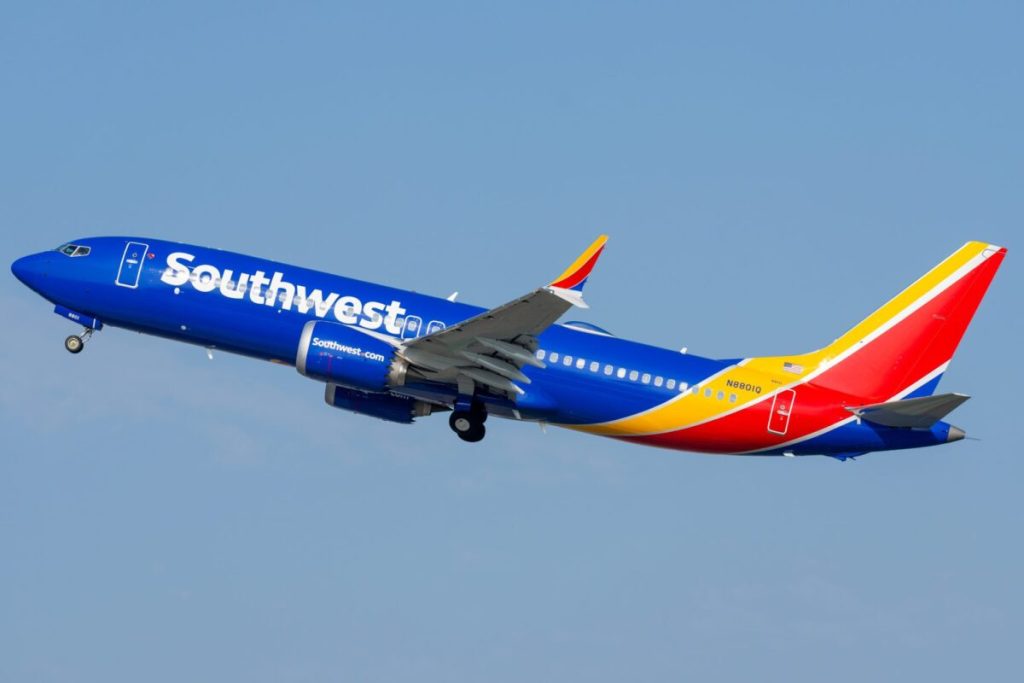Southwest Airlines is making strategic moves to cut costs and manage Boeing delivery delays. As a result, the airline has announced its decision to pull out of four airports, including Bellingham International Airport, Cozumel International Airport, George Bush Intercontinental Airport, and Syracuse Hancock Airport. The company reported a first-quarter loss of $231 million, but also noted record revenues of $6.3 billion and record passenger numbers during the same period. Boeing’s manufacturing delays, especially with the 737 Max 7, are putting a strain on Southwest’s growth plans.
To address the challenges posed by Boeing delivery delays, Southwest Airlines has decided to pause pilot and flight attendant hiring due to the uncertified status of the Max 7. CEO Bob Jordan expressed the need for further cost reduction efforts given the ongoing delays. The airline is expected to have 2,000 fewer employees by the end of 2024 compared to the previous year. Additionally, Southwest has adjusted its delivery expectations for the year, reducing the number of expected 737 Max deliveries from 46 to 20. These changes are likely to impact the carrier’s financial targets for the year and necessitate schedule cuts in the second half of 2024.
The broader implications of the Boeing delivery delays are affecting the aviation industry as a whole, causing disruptions in aircraft production and delivery timelines. Following an incident involving Alaska Airlines, Boeing has increased production oversight to address quality issues, leading to reduced output of 737 Max aircraft. As a result, Southwest Airlines, along with other carriers, is facing challenges in their expansion plans and operational efficiency. The adjustments made by Southwest reflect the need for proactive cost-cutting measures and operational adjustments in response to external factors beyond the airline’s control.
The decision to exit certain airports and reduce delivery expectations highlights Southwest’s commitment to managing its financial performance and operational efficiency amidst industry challenges. By adjusting hiring plans, reducing staff numbers, and revising delivery schedules, the airline is taking proactive steps to navigate the impact of Boeing delays on its business operations. Despite the setbacks caused by external factors, Southwest remains focused on driving cost reductions and streamlining its operations to mitigate the financial impact of reduced capacity and operational disruptions.
In light of the ongoing Boeing delivery delays, Southwest Airlines is focused on maintaining financial stability and operational flexibility. The company’s proactive approach in trimming costs, adjusting hiring plans, and revising delivery expectations demonstrates its commitment to navigating challenges posed by external factors. By making strategic decisions to optimize efficiency and manage resources effectively, Southwest aims to mitigate the impact of production delays on its business performance. The airline’s resilience and adaptability in the face of industry challenges reflect its commitment to long-term sustainability and success in a rapidly evolving aviation landscape.


